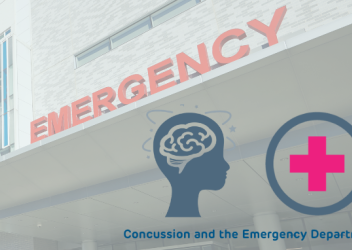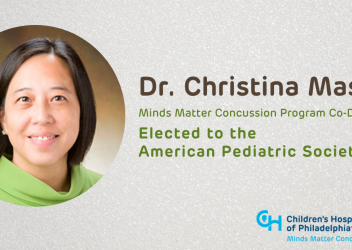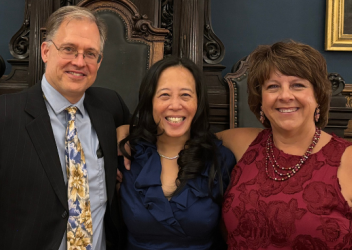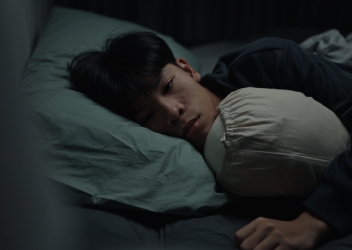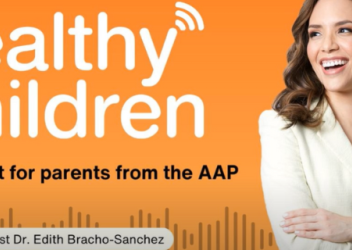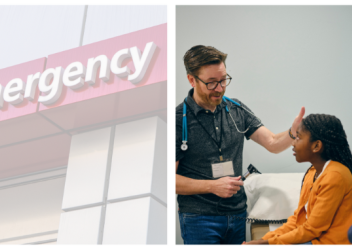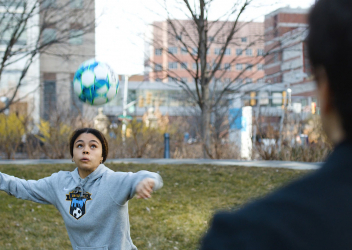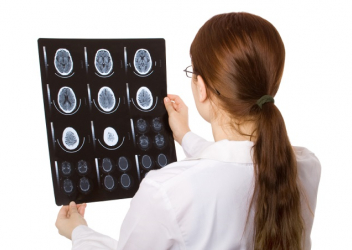Minds Matter Concussion Program
An estimated 2.5 million high-school students sustain a concussion every year with 20% of adolescents sustaining at least one concussion in their lifetime. In the CHOP Network alone, 4,000-5,000 youth with concussion seek care annually. Children and adolescents are at particular risk for adverse impacts of concussion on development, academics, physical activity, and mental health.
The Minds Matter Concussion Research Program seeks to learn from every child that we care for and rapidly translate cutting-edge research to improve the diagnosis and treatment of concussion to optimize individual outcomes.
Specific Aims
- Advance concussion phenotyping efforts using objective measures
- Accelerate the evaluation of concussion therapies and treatments
- Actively implement discoveries into the clinical area
- Quantify head impact exposure in sports and evaluate prevention
Our concussion research focuses on rigorously describing concussion across the pediatric age range and clinical settings, providing data and methods to develop engineering and behavioral prevention strategies, and improving diagnostic tools and recovery management. Through these efforts, our research can advance targeted interventions to prevent concussion and optimize treatment to shorten recovery time and reduce long-term poor outcomes.
The Minds Matter Concussion Program is led by Christina Master, MD, FAAP, CAQSM, FACSM and Kristy Arbogast, PhD, alongside core sports medicine and emergency medicine faculty, concussion nurse practitioners, athletic trainers, biomechanists and rehabilitation specialists. The Minds Matter Concussion Program also interfaces with CHOP’s Primary Care, Specialty Care, and Urgent Care Centers; Anesthesia and Critical Care, Neurology, Radiology, Trauma Surgery, Behavioral Medicine and Rehabilitation Medicine Departments; the Center for Injury Research and Prevention; and the Center for Applied Genomics. Get to know our team here.
Minds Matter's Involvement in National Guidelines
Experts from the Minds Matter Concussion Program have participated on multiple panels and committees to set national guidelines and policies using Children's Hospital of Philadelphia's concussion research findings.





